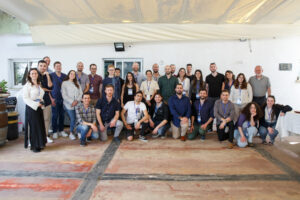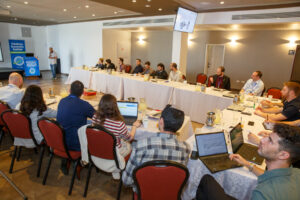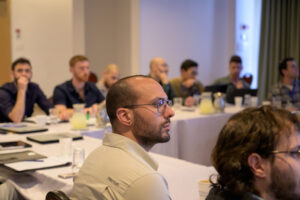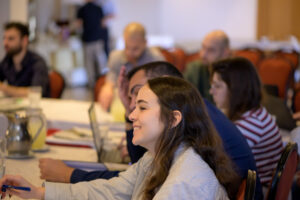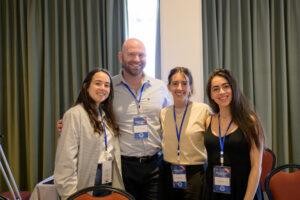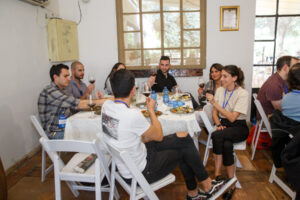Location: Neve Ilan Hotel
All Expenses Paid
What is economic freedom? Why is it important and how does it produce growth and prosperity? Listen, learn, and discuss with some of the best economists and leading policymakers from around the world.
The application period has ended. If you have applied and have not heard back from us by March 12, please contact us at info@fei.org.ilSunday, March 31
Monday, April 1
Tuesday, April 2
Wednesday, April 3
Thursday, April 4
Rinat Ashkenazi
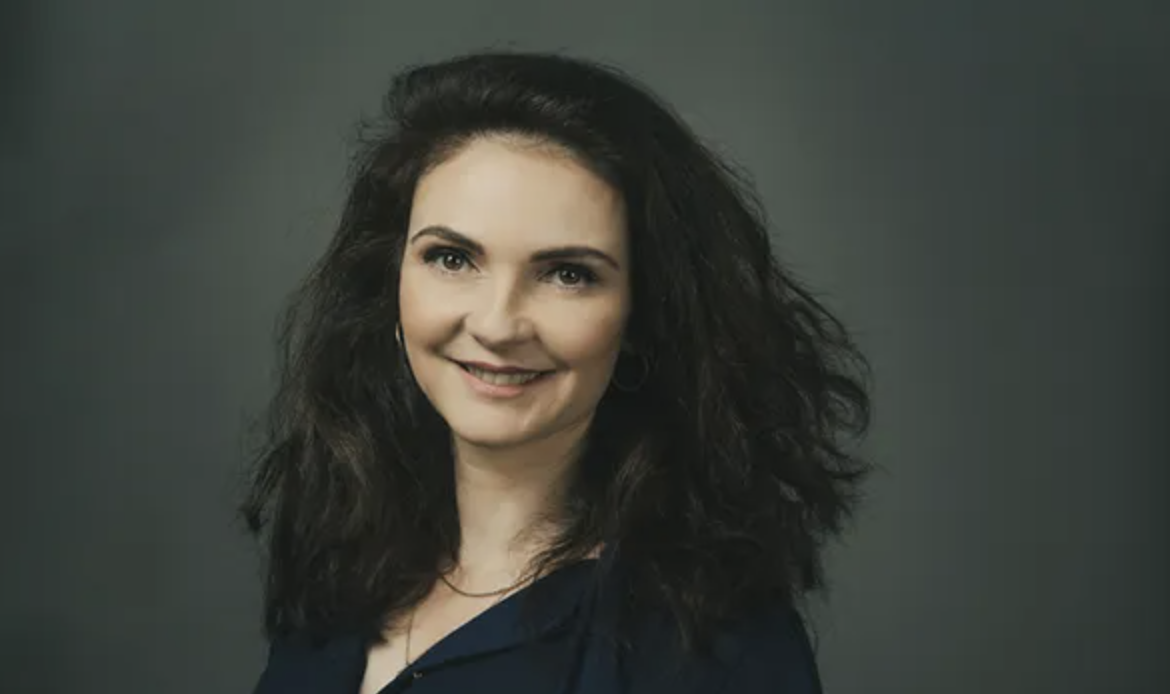
Rinat is Chief Economist at Phoenix Investment House, previously Director of Index Research at Kesem, Phoenix Investment House. Holds an MA in Economics from Tel Aviv University and brings over 18 years of experience in economic analysis and investment strategy. Formerly worked at the Bank of Israel.
Josh Rauh

Joshua Rauh is a professor of finance at Stanford Graduate School of Business, a senior fellow at the Hoover Institution, and a research associate at the National Bureau of Economic Research (NBER). He formerly taught at the University of Chicago’s Booth School of Business (2004–9) and the Kellogg School of Management (2009–12).
Professor Rauh studies corporate investment and financial structure, private equity and venture capital, and the financial structure of pension funds and their sponsors. He has published numerous journal articles and was awarded the 2006 Brattle Prize for the outstanding research paper on corporate finance published in the Journal of Finance for his paper “Investment and Financing Constraints: Evidence from the Funding of Corporate Pension Plans.”
In 2011 he won the Smith Breeden Prize for the outstanding research paper on capital markets published in the Journal of Finance, for his paper “Public Pension Promises: How Big Are They and What Are they Worth?” coauthored with Robert Novy-Marx. His other writings include “Earnings Manipulation, Pension Assumptions and Managerial Investment Decisions,” coauthored with Daniel Bergstresser and Mihir Desai, which won the Barclays Global Investor Best Symposium Paper from the European Finance Association and appeared in the Quarterly Journal of Economics. Other work has appeared in the Review of Financial Studies, the Journal of Financial Economics, and the Review of Finance.
Professor Rauh’s research on state and local pension systems in the United States has received national media coverage in outlets such as the Wall Street Journal, the New York Times, the Financial Times, and The Economist. He is an Associate Editor of the Journal of Finance and an editor of the Journal of Pension Economics and Finance and the Review of Corporate Finance Studies. He holds a BA degree in economics, magna cum laude with distinction, from Yale University and a PhD in economics from the Massachusetts Institute of Technology.
Omer Moav

Omer Moav is a professor of economics at the Reichman University and at the University of Warwick. He received his PhD in economics from the Hebrew University of Jerusalem and spent a year at MIT as a post-doc fellow. Moav was awarded in 2012 the Landau prize from the Israeli mifal hapais for his achievements in research in macroeconomics, he was awarded the Rector’s prize from the Hebrew University in 2006 for his research and teaching, and served as the head of the advisory board to the Israeli minister of finance in 2009. Moav’s research focuses on economic growth and development and is published in the leading journals of economics. He often comments in the Israeli and international media on the Israeli economy.
Michael Sarel
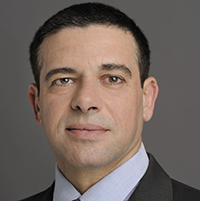
Yehonatan Givati

Yehonatan Givati is an associate professor at Hebrew University Law School. He is also affiliated with the Center for Empirical Studies of Decision Making and the Law.
His scholarly interest lies in the area of economic analysis of law. His work is both theoretical and empirical. He applies the tools of law and economics to three areas of law: tax law, law enforcement, and administrative law.
He received a PhD from the Economics Department at Harvard University in 2013, and an SJD from Harvard Law School in 2011.
Givati served as a visiting professor at the University of Chicago Law School and at Columbia Law School. Before starting to teach he was a Post Graduate Research Fellow in Law and Economics at New York University School of Law.
Ori Katz

Ori Katz is a Data Scientist, popular Economics author (“Blue and White Money”, “Daat Miut”), and Fantasy Author (“Mechanical God” series). Formerly, he was a researcher at the Kohelet Forum and a postdoctoral fellow at Brown University’s Economics Department. He received his Ph.D. in Economics from the Berglas School of Economics at Tel-Aviv University, where he also received his MA in economics and his BSc in industrial engineering.
Ori’s Economics fields of interest include Economic Growth, Economic History, Comparative Development and Economic Mobility. His current research analyzes US data from the 19th and early 20th century to study how technology, institutions, and cultural norms contributed to important phenomena, such as long-term growth, inter-generational mobility, the Demographic Transition and the Great Divergence.
Daniel Raisbeck

Daniel Raisbeck is a policy analyst on Latin America at the Cato Institute’s Center for Global Liberty and Prosperity.
Previously he was a senior fellow at the Reason Foundation, the editor‐in‐chief of the PanAm Post, and a lecturer at Universidad Francisco Marroquín in Guatemala. He writes frequently on Latin American affairs. His op‐eds have appeared in Colombia’s leading news publications, including El Tiempo, Semana, El Nuevo Siglo, and Ámbito Jurídico. He has been a regular guest at Univision, NTN24, and other Spanish‐language news outlets. A historian by training, he edited Colombia’s official book on the bicentenary of independence (2019) and co‐edited a volume on Macedonian and Roman grand strategy (2020). He received his BA in classics from George Washington University and holds a master’s degree in classics from Tulane University. He was a doctoral fellow in Ancient History at the Freie Universität Berlin. In 2015, he ran for mayor of Bogota as an independent libertarian.
Ortal Tamam
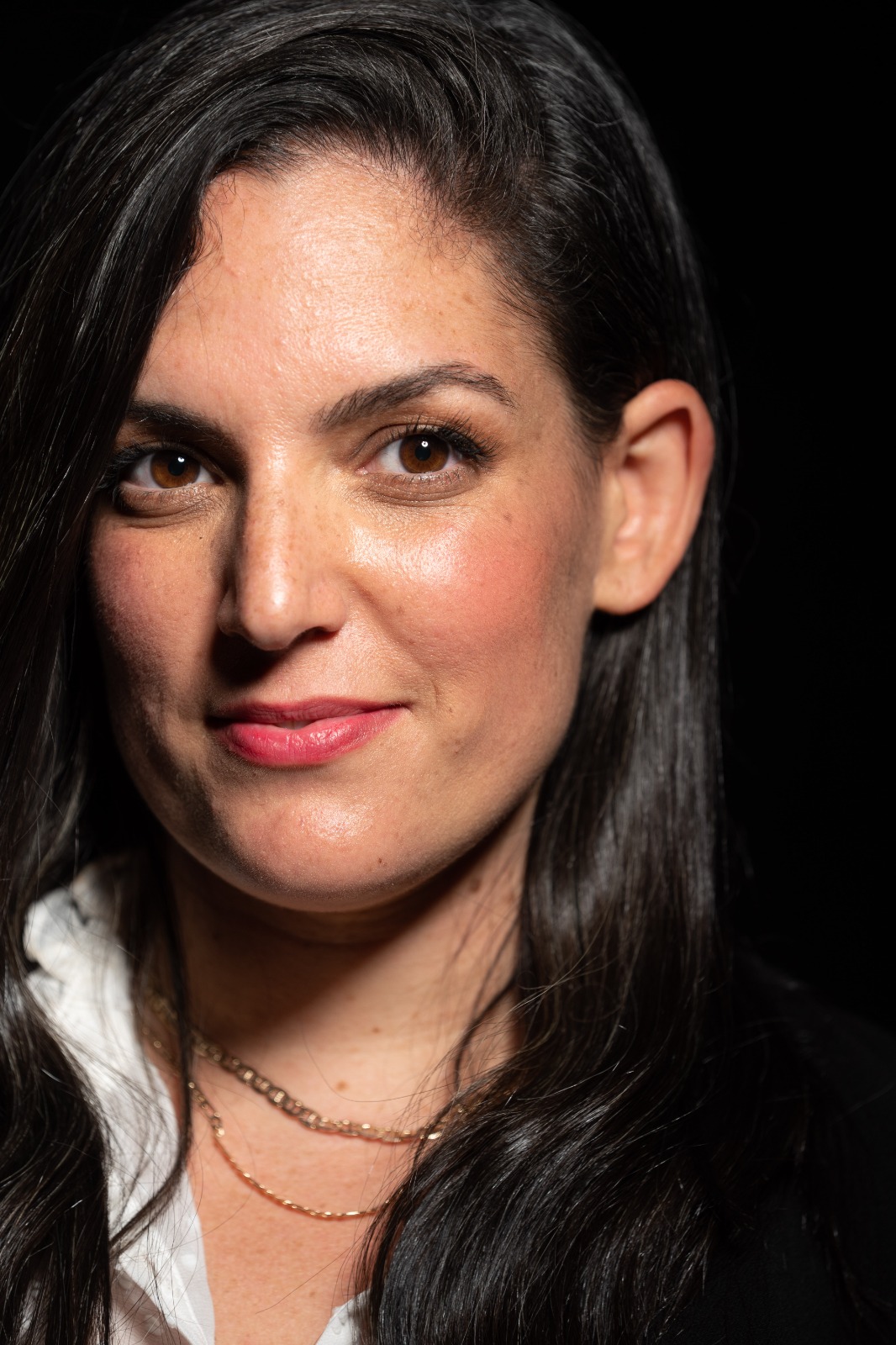
Dr. Ortal Tamam, a distinguished physician-scientist (MD-PhD) and recipient of the Gates Award, leads a collaborative medical solutions company. As part of her research at the Cincinnati’s Children Hospital, she made a groundbreaking discovery in the genetics of preterm birth. Her research identified the first gene known to cause prematurity in humans.
As the reserve head of research at the IDF’s Tactical Medicine branch, Dr. Tamam devises strategies for emergency medicine during mass casualties, based on her research of October 7th. Notably, she initiated the Medical Squads program, promoting emergency preparedness in at-risk communities.
Throughout the war, Ortal initiated the medical classes program, providing communities at risk with funding to establish and facilitate urgent life-saving medical training sessions. Additionally, Dr. Tamam has been actively involved in the fight against terrorism, spearheading the “Almidan protest.”
Liron-Inbal Parsi
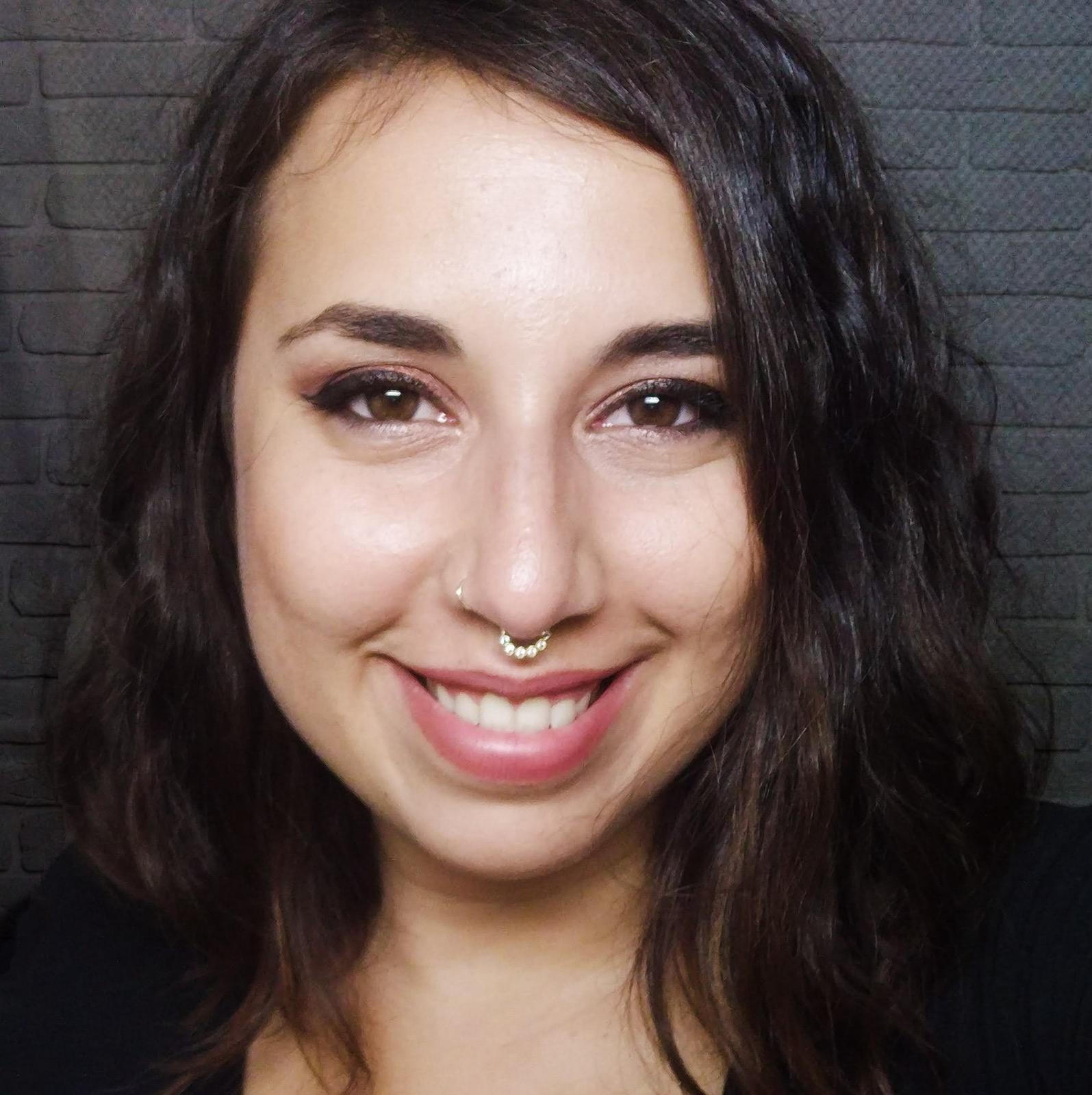
Liron-Inbal Parsi is a product designer leading a large civil advocacy community since the onset of the Iron Swords War. Previously, she was the elected Chairwoman of the Holon Institute of Technology (HIT) Students’ Union. She believes in using social and civilian engagement to drive positive change.
Ofer Zik
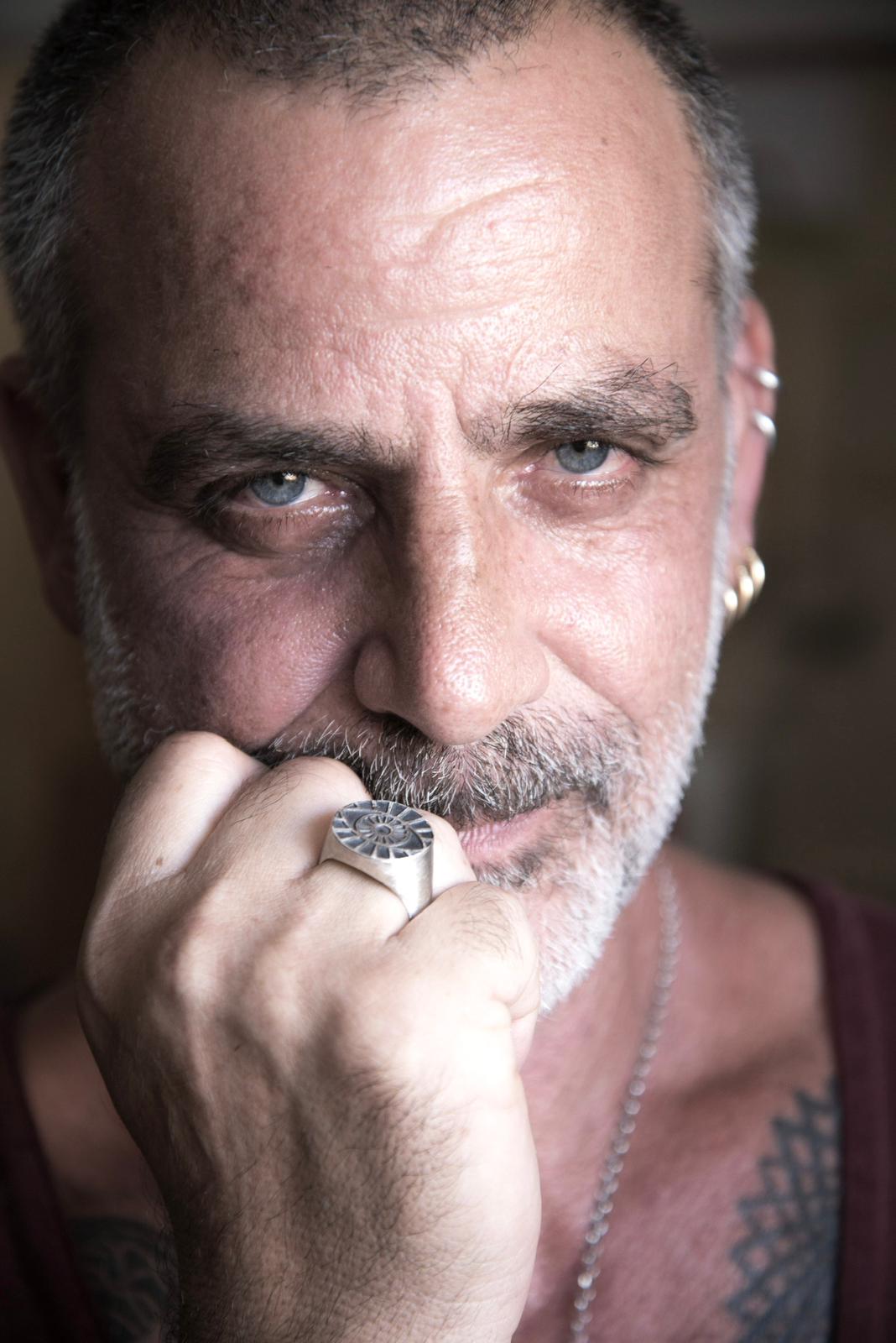
After graduating in 1992, Ofer Zick worked with leading designers in Israel before opening his studio in 1993. His studio focuses on high-tech industrial design, specializing in medical devices for top companies in Israel and globally.
Since 1992, Ofer has taught Industrial Design at the Holon Institute of Technology (HIT). From 2004 to 2010, he served as the head of the Industrial Design department and currently holds the position of senior lecturer.
In 2012, Ofer moved to the United States, where he shifted towards fine art while continuing his work in design. He has explored classic techniques and materials, combining them with contemporary digital technologies.
Returning to Israel in 2015, Ofer resumed his research, blending art, design, craft, and ceramics with education. In 2020, he began his second term as the head of HIT’s Industrial Design department.
In response to the outbreak of war on 07/10/2023, Ofer initiated and established a martial equipment sewing workshop for special units of the IDF. This workshop operated within the Department of Industrial Design’s soft materials workshop.
